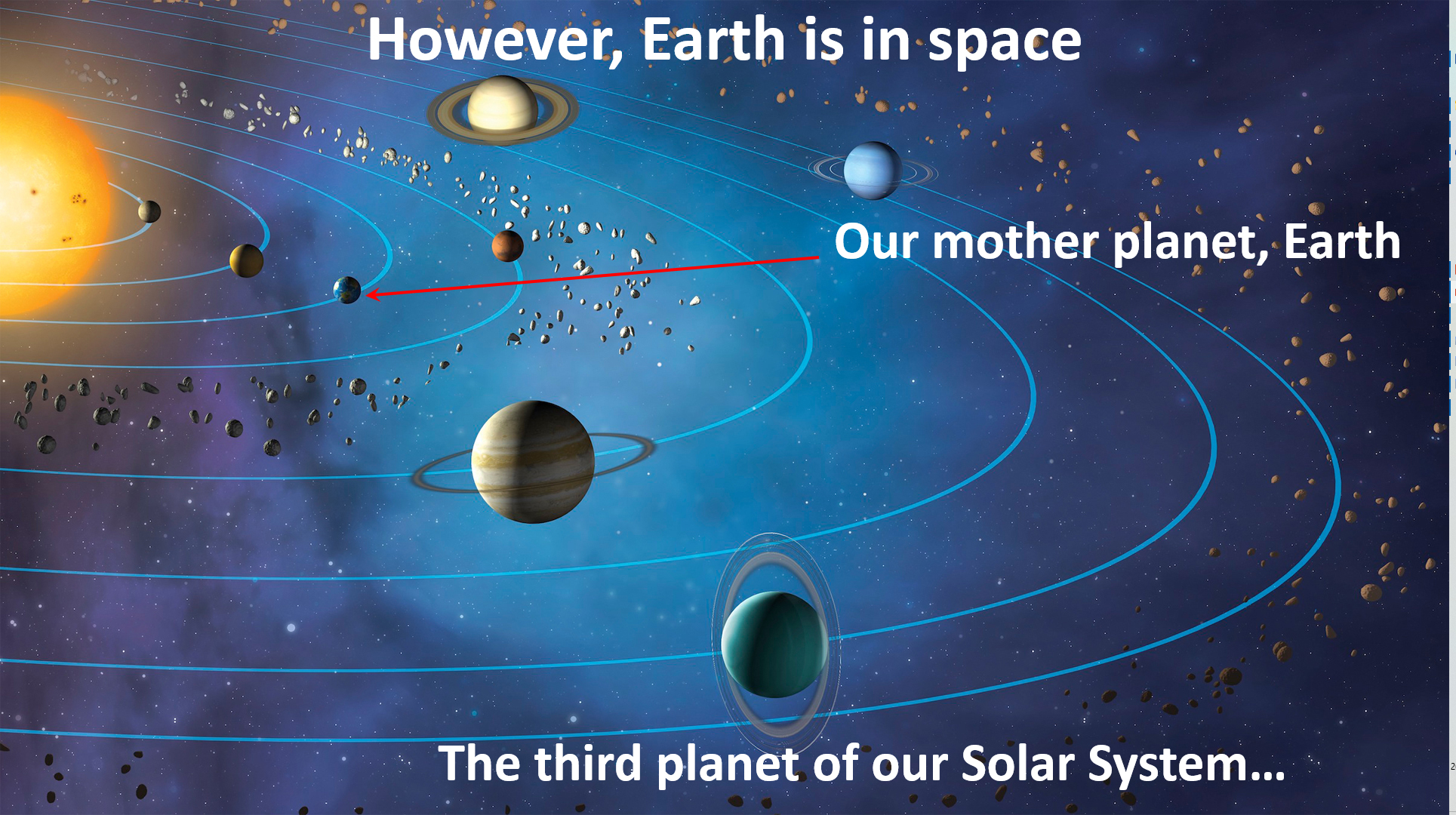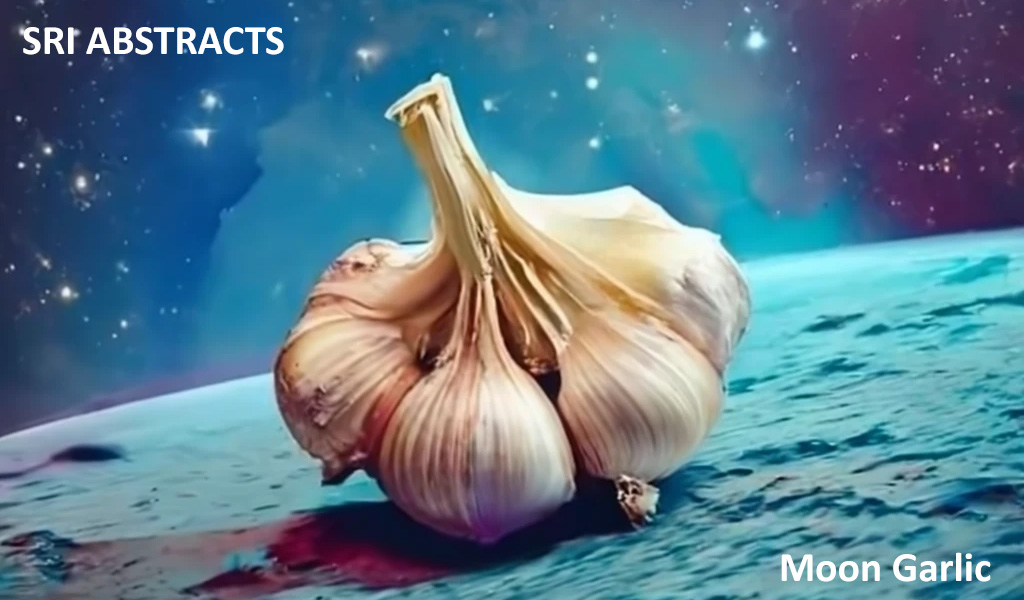
The crisis of Cuba in 1962 – mentioned in the Lord Rees’s book “Our Final Hour” (2003) — was the event that brought us closest to a nuclear war. According to the historian Arthur Schlesinger Jr., one of Kennedy’s counselors, at that time: “This was not only the most dangerous moment of the Cold War. It was the most dangerous moment in human history. Never before had two contending powers possessed between them the technical capacity to blow up the world. Fortunately, Kennedy and Khrushchev were leaders of restraint and sobriety; otherwise, we probably wouldn’t be here today.”
I believe this is the main argument to respond to the nowadays under-estimators of the current war in Ukraine, and its effects on global economy, space policy and destiny of civilization at large. In addition to the Schlesinger Jr.’s statement, nowadays we have several leaders which are all but restraint and sober. First of all the new Zar, grown up in the paranoid environment of KGB. Yet we have other recent cases, in the western world too. Moving beyond the obvious condemn of the absurd invasion of Ukraine, suffocating any possibility for people to decide whether they want to be Ukrainian or Russian, the danger for civilization is extremely high, indeed. The availability of thousands of nuclear warheads in the hand of psychopathic leaders makes a WWIII extremely much more dangerous than the previous world wars, the very likely trigger of a global civilization implosion.
Relying on wars to solve conflicts and to relaunch economy through destruction was always a wrong way, yet nowadays is a total nonsense. It is not superfluous to restate this, since we perfectly know that, among Earthers, many secretely plauded to Covid19 pandemic as a “natural” agent to reduce population – the thought runs back to Nicolò Machiavelli, who plauded the pest, as a “purge” of society. The absurdity of such concept should be clear: a pandemic kills both bad and good people, useless and useful, including many which could offer solutions to thousands of shared small and big problems. And now such fellows of Armageddon, publicly sad for thousands deaths and million refugees, secretely plaud to the war, as another knight of Apocalypse, to “moderate” human growth.
Sir Martin Rees, in the already mentioned book, wrote: “Without an intervening catastrophe, world population still seems destined to continue rising until 2050, by which time it will have reached eight billion.” And, later: “The best current guess is that after 2050 the population will start to drop, perhaps falling back to its present-day value by the end of this century.” Leaving apart the wrong projection – we are eight billion now, in 2022! – I’d like to discuss that “best” adjective, that expresses appreciation for a population drop. A population drop means that we’ll start loosing a large part of our human patrimony, particularly useful in highly critical times, when good ideas are the real gold of humanity. And a large growing young nursery is incomparably better than a more and more elder society. With population decrease, the markets would fall, and so science and technology. A drop of population would be nothing else than just one of the modes in which civilization could implode, leading to a new stone age.
On the main problem of sustainability (energy), Rees doesn’t seem to have a more advanced sight: “… a population as high as ten billion would be fully sustainable if everyone lived in tiny apartments, perhaps like ‘capsule hotels’ in Tokyo, subsisting on a rice-based vegetarian diet, electronically net-worked, travelling little, and finding recreation and fulfilment in virtual reality rather than consumerism and incessant travel now favored in the profligate West. Such a lifestyle would be frugal in its demands on energy and natural resources. It need not, however, be incompatible with cultural and technical advance: indeed, the most dramatic engines of current economic growth — miniaturization and information technology — are environmentally benign.” I want to believe that neither Rees likes that frugal lifestyle, mortifying any social human behavior. Yet, the whole construction here already demonstrated to be utterly wrong. Electronic society demands enormously increasing amounts of energy, and it is all but benign to environment! Electric vehicles require more and more efficient batteries, with high consumption of rare earths and critical stocking at the end of life. The increasing demand of energy would not be covered by renewable terrestrial technologies. And beaming solar energy from orbital plants would just increase the pressure inside Earth’s atmosphere – while of course space based solar energy is key to geo-lunar space industrialization and settlement. Renewables, as well as nuclear, can be conceived as means to support a transition to space economy, not as a real alternative to fossil energy sources.
So, Elon Musk has clearly indicated the right way, to go over the global multiple crises: aim high, beyond Earth’s atmosphere, to the Moon, and Mars. And Jeff Bezos conceived a coherent plan for a progressive industrialization of the Geo-lunar space region. We shouldn’t stubbornly remain chained to the bottom of Earth’s gravitational well. The solution is not trying new ways to feed our terrestrial civilization. Earthers are now in the game to expand beyond Earth, and to start populating the Solar System. When the industrial development will be relocated in space, and population will grow up more in space colonies than on Earth, the energy demand on Earth surface will be halved. The energy issue will be solved, for both environments, Earth and Space settlements.
As to human expansion into space, Rees writes: “Thirty years after men walked on the Moon, a new generation of astronauts is going round and round Earth, in more comfort than Mir offered, but much more expensively.” Of course, in 2003 the downsize of cost to orbit was still nearly a science-fiction topic. Burt Rutan still had to win the X-Prize, and Elon Musk had just founded Space X (March 14, 2002). Space exploration was a privilege of space agencies, and the cost of space travel was artificially kept high – if not growing – as a monopolist barrier to prevent independent private enterprises entering the market of spendable rockets.
Yet, Sir Martin also writes: “A revival in manned space flight must await changes in technology and—perhaps even more—changes in style. Present launching techniques are as extravagant as air travel would be if the plane had to be rebuilt after every flight. Space flight will become affordable only when its technology comes closer to that of supersonic aircraft.”
Now, Space X inverted such trend in 2015, developing reusable rockets. Such a key advance – a real Columbus egg — is downsizing the cost to orbit, and already opened the space market to many new space companies, in the segment of space tourism and more. The paradigm change is not happening thanks to new propulsion technologies, but to a better use of existent ones, and the good use of modern computer science.
The short sight of the space community, including some of the most trusted space advocates, explains why we are still missing a coherent strategy, to develop space industrialization and settlement. What is the main reason? They don’t think that Civilization should expand outside Earth. They love space, but not enough to conceive living there. In a more recent speech (2015) at University of California, Sir Martin Rees substantially re-confirmed his view, as expressed in his 2003 book: the Solar System will be explored by robots, a few settlements may exist in 2100 on Mars, yet expanding into space is not a perspective, for the current human civilization — for post-humans, maybe. However – sticks Sir Rees — expanding into space would not be a solution of our (human) problems, now. Similar short-sighted pre-kopernican views are still shared by large part of the space community, not only of the society at large: Earth is “THE PLANET”, not a planet, the biome of which can be exported – by means of our science and technologies — to other celestial bodies and artificial infrastructures in the solar system.
Fortunately, humanity owns a few champions – Musk, Bezos, Branson, and others –, who are doing the right thing. Yet, they are working in an extremely precarious environment, their effort is threatened by many blatant and occult opposers.
I hope a growing number of persons will understand the game at stake, and the need to support the space vanguard world-wide. Space X Starship is the first fully reusable space vehicle. Its first orbital flight has now been announced to be possible in May 2022: it only depends by FAA authorization to fly, that is very priority, nowadays. I would recommend not to delay it further.
We, at Space Renaissance, are committed to keep on giving priority, and even to give more priority, to promote Civilian Space Development. We are sure that such a development will progressively make crazy leaders to fade away, in favor of more restraint, sober and visionary leaders. In a regime of abundant resources, wars for territorial supremacy will be finally thrown out of history, and people will be finally free to choose for their future. That’s why we, after condemning the aggression of Ukraine, and giving our solidarity to all of the suffering people — including the victims of the 70 ongoing wars and conflicts on Planet Earth – will not spend many more words and energies on war. Our commitment is to help humanity to move the first steps to the stars, solving by that move, all problems on Earth.
26 March 2022
Adriano V. Autino, SRI, Founder, VicePresident, SRI Ambassador
Want to comment this letter?
Join the Space Renaissance Open Forum: https://groups.google.com/g/sri-open-forum
Join the SRI Crew, come on leading the Space Renaissance!
https://spacerenaissance.space/membership/international-membership-registration/
Subscribe to the Space Renaissance Ambassadors Training Course
https://academy.spacerenaissance.space/space-renaissance-ambassadors-education-programme/
https://spacerenaissance.space/subscription-to-space-renaissance-ambassadors-course/
Download a pdf copy of this article.









 Space Renaissance France (French Chapter of SRI)
Space Renaissance France (French Chapter of SRI)  Space Renaissance USA, Inc. (USA Chapter of SRI)
Space Renaissance USA, Inc. (USA Chapter of SRI) Space Renaissance (Italian Chapter of SRI)
Space Renaissance (Italian Chapter of SRI) Space Renaissance Academy
Space Renaissance Academy Space Renaissance Initiative Group
Space Renaissance Initiative Group